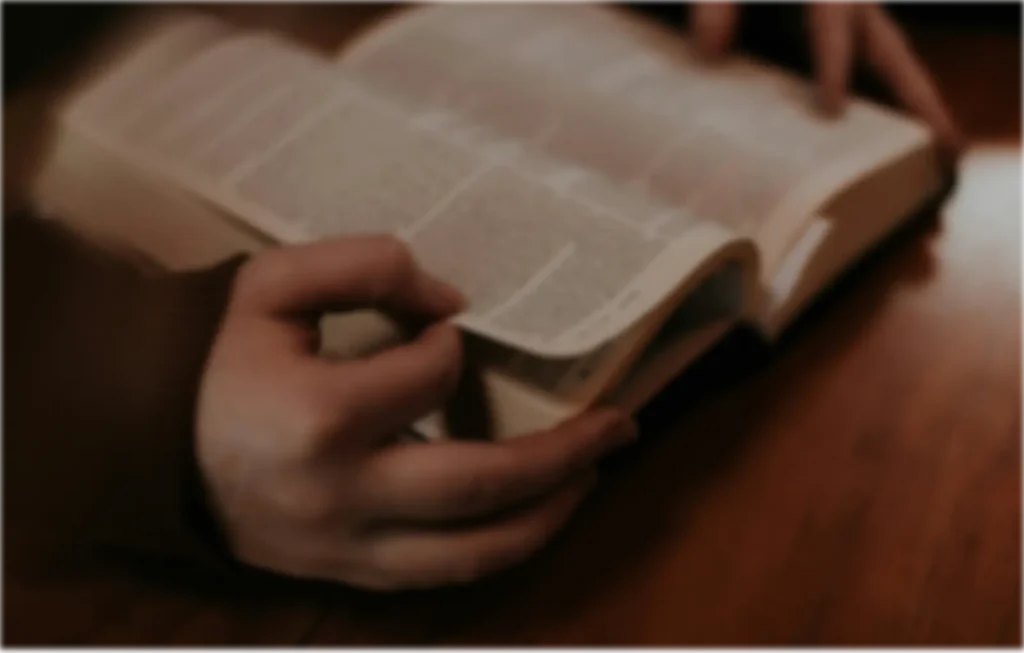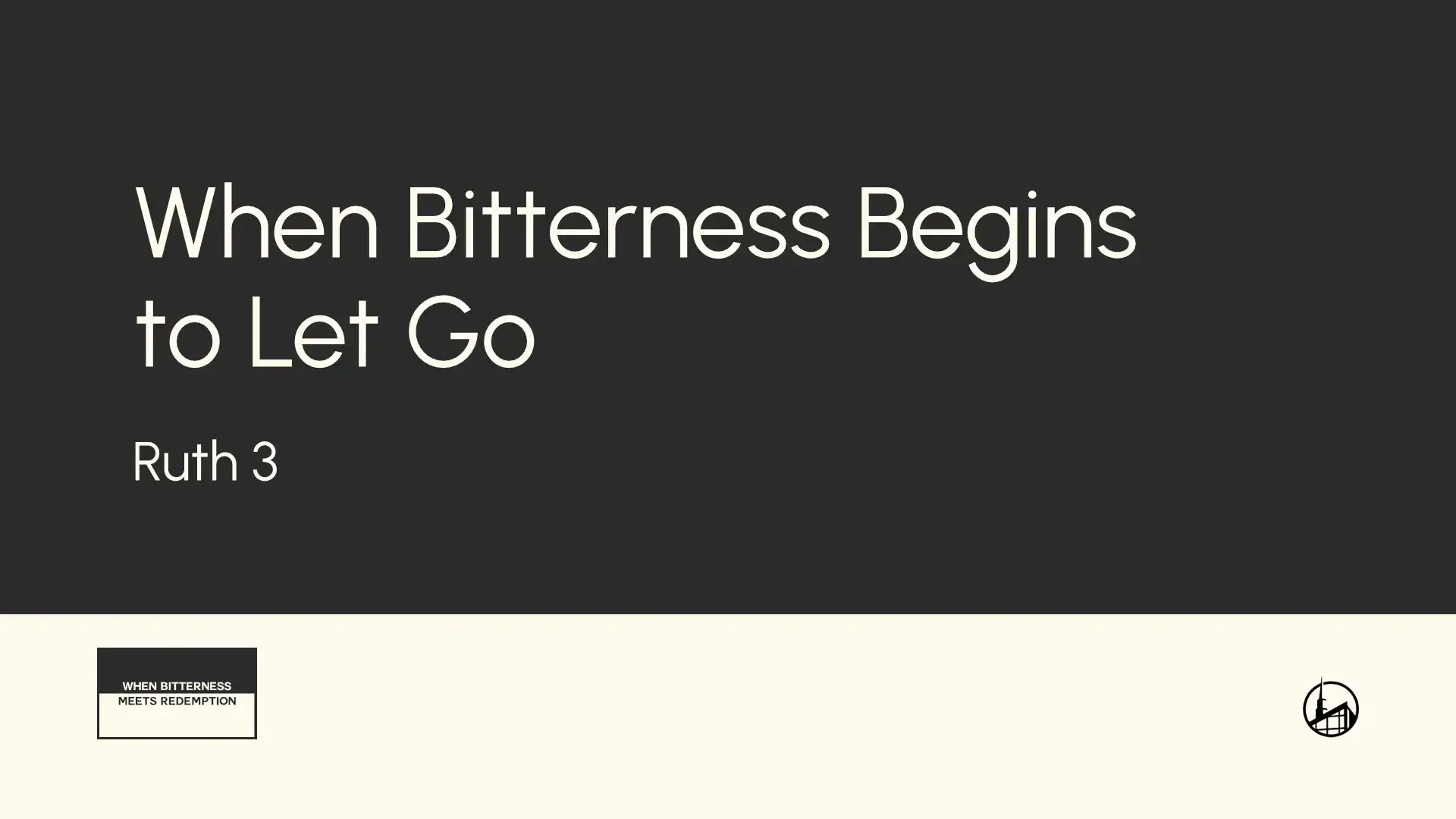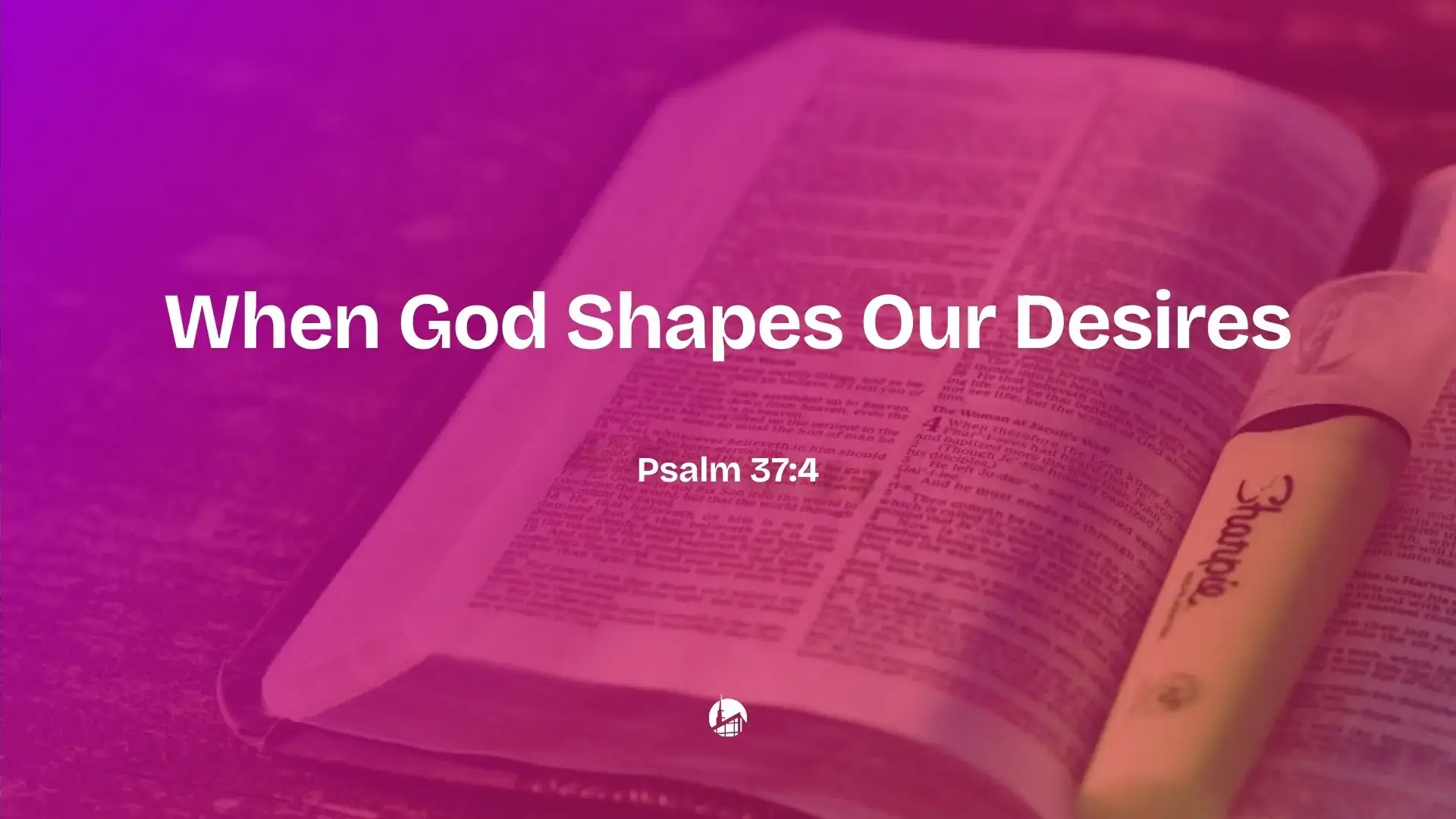The book of Ruth offers a timeless narrative of God’s providence and redemption, particularly through the life of Naomi. In Ruth chapter 3, we witness a pivotal moment in her journey from deep bitterness to renewed hope. This passage illustrates how God works in our lives, even amidst pain, to bring restoration and peace. Through Naomi’s story, we learn that no matter how desperate our circumstances, God has not forgotten us. He is ready to meet our needs if we trust Him. Let’s delve into Ruth chapter 3 (King James Version) to see how bitterness begins to let go, faith-filled risks lead to restoration, and hope ushers in peace.
Bitterness Starts to Break When We Begin to Hope Again (Ruth 3:1-5)
Naomi’s journey in Ruth begins with profound loss. In chapter 1, she returns to Bethlehem after losing her husband and sons in Moab, declaring, “Call me not Naomi, but Mara: for the Almighty hath dealt very bitterly with me” (Ruth 1:20, KJV). Her name, meaning “pleasant,” no longer reflects her reality; she feels defined by her pain. Yet, in Ruth 3:1-5, we see a shift. Naomi, once consumed by her own sorrow, begins to focus on her daughter-in-law, Ruth. She says, “My daughter, shall I not seek rest for thee, that it may be well with thee?” (Ruth 3:1, KJV). This word “rest” signifies more than a mere break; it points to a deep, soul-satisfying peace found in God’s provision. Naomi’s concern for Ruth’s future marks the thawing of her bitter heart. She starts to hope, not just for herself, but for someone else. This selflessness is a key lesson: bitterness thrives in self-focus, but hope grows when we look beyond our pain to care for others. As Naomi begins to trust God’s plan, her bitterness starts to loosen its grip, showing us that hope can break through even the hardest seasons.
God Uses Faith-Filled Risk to Move Us Toward Restoration (Ruth 3:6-13)
In Ruth 3:6-13, Naomi’s newfound hope leads to action. She instructs Ruth to approach Boaz, a near kinsman, at the threshing floor, following the customs outlined in Deuteronomy 25. Ruth is to uncover Boaz’s feet and lie down, a culturally significant act symbolizing a humble request for protection and redemption (Ruth 3:7-9, KJV). This was no small step; it carried risk. Ruth could face rejection or misunderstanding, yet she obeys, trusting Naomi’s guidance and God’s law. Boaz responds with honor, saying, “Blessed be thou of the Lord, my daughter: for thou hast shewed more kindness in the latter end than at the beginning” (Ruth 3:10, KJV). He acknowledges Ruth’s virtue and agrees to act as her kinsman-redeemer, though he notes a closer relative must first be approached (Ruth 3:12-13, KJV). This passage teaches that faith often requires stepping out into uncertainty. Bitterness tempts us to stay “safe” behind walls of self-protection, but such safety is a spiritual dead end. Ruth’s bold yet humble action reflects trust in God’s promises, showing us that faith-filled risks, grounded in His Word, move us toward restoration.
When Hope is Rekindled, Bitterness Gives Way to Peace (Ruth 3:14-18)
By Ruth 3:14-18, hope transforms Naomi’s perspective. After Ruth’s encounter with Boaz, he sends her back to Naomi with six measures of barley, ensuring she does not return empty-handed (Ruth 3:15, 17, KJV). This act of provision signals that Boaz is committed to their redemption. Naomi, once consumed by despair, now counsels Ruth with confidence: “Sit still, my daughter, until thou know how the matter will fall: for the man will not be in rest, until he have finished the thing this day” (Ruth 3:18, KJV). This is a remarkable change from her earlier cry of bitterness. Naomi’s trust in Boaz reflects a deeper trust in God’s sovereignty. She recognizes that God is working through Boaz to fulfill His promises. This rekindled hope brings peace, not because all problems are resolved, but because Naomi believes God is not finished. The passage points to Jesus, our ultimate Redeemer, who “did not rest” until our salvation was complete, crying, “It is finished” on the cross (John 19:30, KJV). When we trust in God’s ongoing work, bitterness gives way to a peace that surpasses understanding.
Conclusion
Ruth chapter 3 offers a powerful reminder that God is always at work, even in our darkest moments. Naomi’s journey from bitterness to hope teaches us that healing begins when we look beyond ourselves and trust in God’s plan. By taking faith-filled risks, as Ruth did, we open the door to restoration. And when hope is rekindled, we find peace in the assurance that our Redeemer never rests until His work in us is complete. If you’re struggling with bitterness, consider Naomi’s example: look to others, trust God’s Word, and rest in His faithfulness. For those who have not yet trusted Jesus as Saviour, know that He has paid the full price for your redemption. Will you let Him into your story today to weave your pain into something beautiful?












